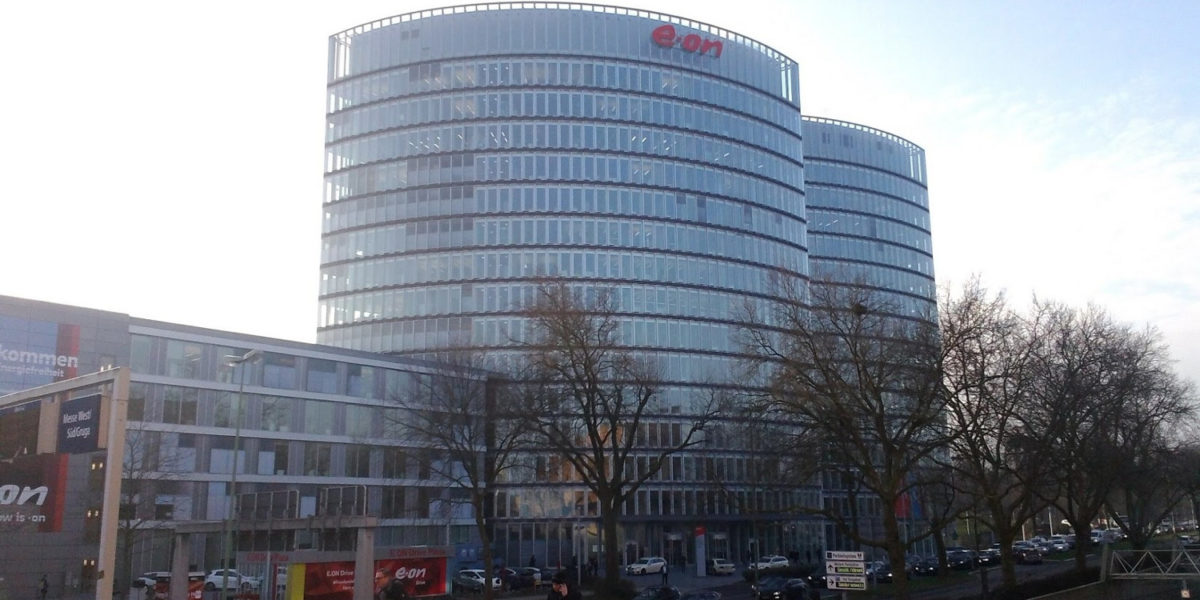from pv magazine Germany
The proposed acquisition of German energy company Innogy by larger rival and compatriot Eon has hit turbulence, as the European Commission has launched an in-depth review of the transaction under EU merger regulations.
A preliminary investigation by the commission concluded the two companies together hold a strong position at national or regional level in retail markets for electricity and natural gas in Germany, Czechia, Slovakia and Hungary. As a result, the proposed transaction would eliminate a major competitor in four member states. The commission fears the remaining competitive pressure may not be sufficient to limit the market power of the new entity and avoid price increases for consumers.
“Private and business customers in Europe must be able to source electricity and gas at competitive prices,” said European competition commissioner Margrethe Vestager. “Our in-depth review is designed to ensure that Eon’s acquisition of Innogy is sufficiently competitive on the market and does not result in price increases.”
Monopoly threat
Eon plans to acquire Innogy’s network and distribution business. Innogy parent company RWE would retain the subsidiary’s green electricity business and add that of Eon in an asset swap which would see RWE secure a 16.7% stake in Eon. At the end of February, the European Commission and the German antitrust authority – the Bundeskartellamt – cleared the part of the transaction concerning RWE without any conditions.
Gero Lücking, managing director of energy management at green electricity provider Lichtblick, welcomed the decision of the European Commission to call in the proposed deal for further investigation.
“If the energy market liberalization is not to be reversed, the project cannot be approved without significant, competitive constraints,” he said. Lücking echoed commission fears higher electricity prices could result if the deal were approved.
In early February, Lichtblick submitted a study by consulting firm LBD which predicted an enlarged Eon would become the largest electricity supplier to two-thirds of Germany – above all in East Germany, North Rhine-Westphalia, Hesse, Rhineland-Palatinate, Saarland and Bavaria. In those regions, the group’s market share would amount to more than 70%, according to LBD. Eon also controls most of the power distribution grids in the areas highlighted.
This content is protected by copyright and may not be reused. If you want to cooperate with us and would like to reuse some of our content, please contact: editors@pv-magazine.com.



By submitting this form you agree to pv magazine using your data for the purposes of publishing your comment.
Your personal data will only be disclosed or otherwise transmitted to third parties for the purposes of spam filtering or if this is necessary for technical maintenance of the website. Any other transfer to third parties will not take place unless this is justified on the basis of applicable data protection regulations or if pv magazine is legally obliged to do so.
You may revoke this consent at any time with effect for the future, in which case your personal data will be deleted immediately. Otherwise, your data will be deleted if pv magazine has processed your request or the purpose of data storage is fulfilled.
Further information on data privacy can be found in our Data Protection Policy.